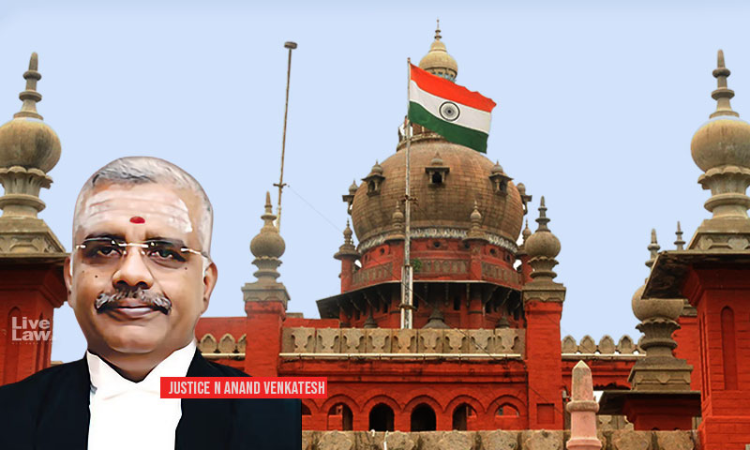Coming down heavily on a litigant for approaching the court on his whims and fancies depending upon the change in the political climate of the State, the Madras High Court recently dismissed a plea and imposed heavy costs. Justice Anand Venkatesh noted that from the conduct of the Petitioner, it was clear that he would use this Court by filing Writ Petitions whenever the political climate...

